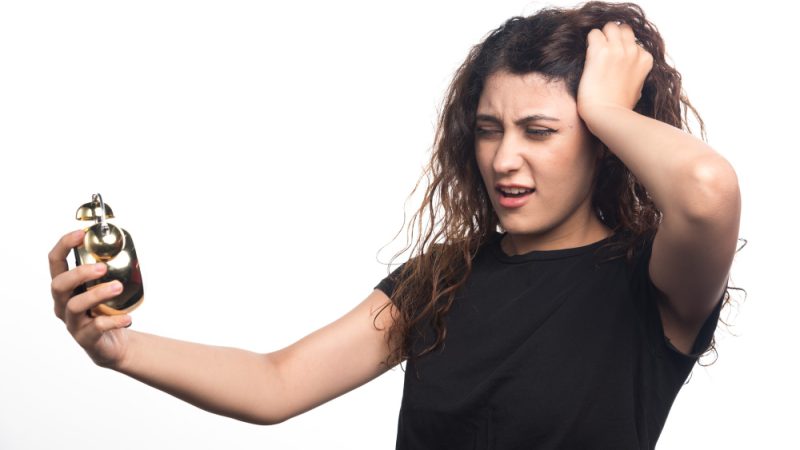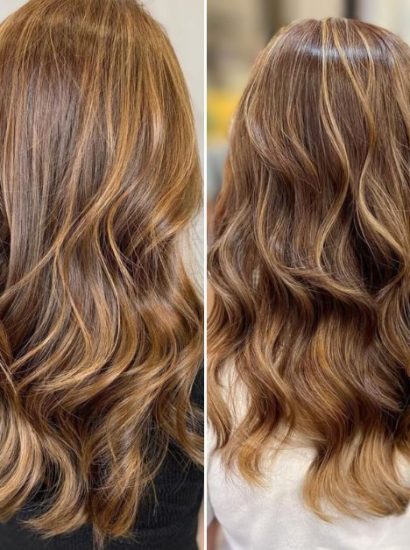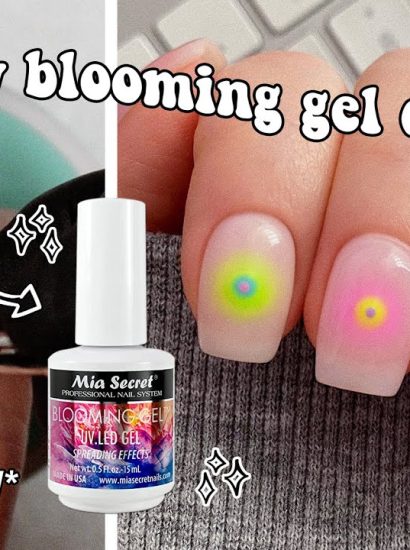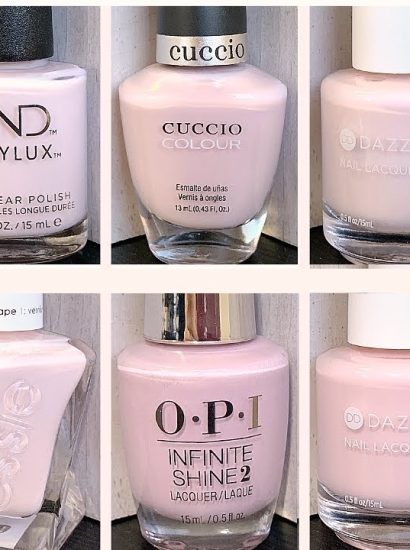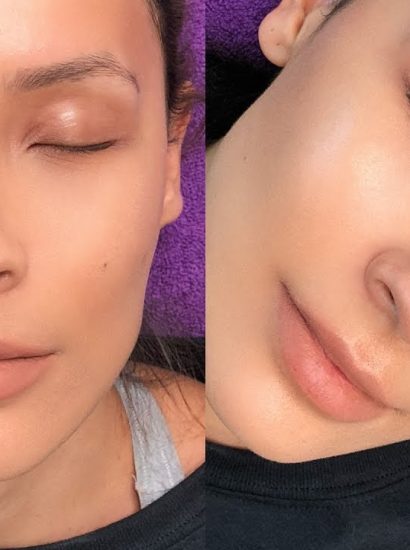Perfume is often seen as timeless, a beautiful finishing touch to your style and personality. But many people are surprised to learn that perfume does not last forever. Over time, the ingredients in your favorite fragrance can break down, causing it to lose its original scent or even develop an unpleasant odor.
Understanding how and why perfume goes bad helps you know when to replace it and how to store it properly to extend its life.
Does Perfume Expire
Yes, perfume does expire. While perfumes do not usually come with an exact expiration date, they have a limited shelf life that depends on their ingredients, quality, and storage conditions. Most perfumes can last between three to five years from the date of opening, although some high-quality fragrances can last even longer if stored well.
The main reason perfumes expire is oxidation. When air, light, and heat interact with the fragrance’s essential oils and alcohol, chemical changes occur that alter the scent profile.
How Long Does Perfume Last
The lifespan of a perfume depends on its formulation and concentration.
- Eau de Parfum generally lasts around four to five years.
- Eau de Toilette lasts about three to four years.
- Perfume oils and extrait de parfum can last longer, often up to seven years.
Perfumes with heavy base notes, such as those containing amber, musk, or wood, tend to last longer than light floral or citrus scents that oxidize faster.
What Happens When Perfume Goes Bad
When perfume expires, several changes may occur in its scent, color, and consistency.
- The scent may become sour, metallic, or musty.
- The color may darken or become cloudy.
- The texture can thicken, or small particles may form in the liquid.
These are clear indicators that your perfume’s ingredients have deteriorated. While using an old perfume will not usually cause harm, it will no longer smell as intended and may irritate sensitive skin.
How to Tell If Your Perfume Has Expired
There are simple ways to check if your fragrance has gone bad.
Check the smell
Spray the perfume onto a blotter or your wrist. If the scent is sharp, sour, or noticeably different from how it originally smelled, it has likely oxidized.
Look at the color
Fresh perfume is usually clear or lightly tinted. If it looks darker, yellowed, or murky, oxidation has occurred.
Observe the consistency
Perfume should be smooth and fluid. If it feels sticky or thick, it is no longer in its best condition.
Examine the bottle
Residue around the spray nozzle or changes in the cap’s fit can indicate evaporation or air exposure, which accelerates aging.
Factors That Cause Perfume to Expire Faster
Several environmental factors can cause your perfume to deteriorate more quickly.
Light Exposure
Direct sunlight or bright artificial light breaks down fragrance molecules.
Heat
Warm environments speed up the chemical reactions that lead to oxidation.
Air Exposure
Opening and closing the bottle frequently introduces oxygen, which causes the scent to fade faster.
Humidity
Moisture in the air can interfere with the chemical balance of the perfume, especially if the cap is left off.
Poor Storage
Leaving perfume in the bathroom or near windows can drastically shorten its shelf life.
How to Store Perfume to Make It Last Longer
Proper storage is the key to maintaining the quality and scent of your perfume for years.
- Keep perfume in a cool, dark place away from direct sunlight.
- Store bottles in their original boxes or inside a drawer.
- Avoid storing perfume in the bathroom because humidity and heat can cause it to break down.
- Keep the bottle tightly closed when not in use.
- For long-term storage, consider keeping it in a closet or cabinet where the temperature stays stable.
Some fragrance collectors even refrigerate perfumes to extend their lifespan, though this works best for certain formulations and not for every type.
Can You Still Use Expired Perfume
In most cases, using slightly expired perfume is not dangerous, especially if it has only changed mildly in scent. However, if the perfume smells unpleasant, looks discolored, or causes skin irritation, it is best to stop using it.
You can also repurpose old perfume in creative ways. For example, lightly misting old perfume on fabric decorations, inside closets, or on letters can add a soft aroma without being worn directly on the skin.
How to Make Perfume Last Longer on Your Skin
Beyond the shelf life of your bottle, you can also extend the wear of your perfume each time you apply it.
- Apply perfume to moisturized skin since hydration helps lock in scent.
- Focus on pulse points such as wrists, behind ears, and the base of the neck.
- Do not rub your wrists together after applying perfume because friction breaks down the scent molecules.
- Layer your perfume with matching body lotion or oil to enhance longevity.
- Store travel sprays separately from the main bottle to reduce exposure to air and light.
These habits help preserve your perfume’s original character and keep it lasting longer throughout the day.
Myths About Perfume Expiration
There are several myths about perfume and expiration that often confuse users.
Myth 1: Perfume lasts forever
While some fragrances last many years, all perfumes eventually lose their strength or change scent.
Myth 2: Keeping perfume in the fridge ruins it
Not always. If sealed properly, storing perfume in a cool refrigerator can slow oxidation and extend its life.
Myth 3: Darker perfumes expire faster
In reality, dark or rich perfumes with strong base notes often last longer than light citrus or floral scents.
Myth 4: Perfume goes bad only after opening
Even sealed perfumes can age slowly if exposed to heat or light, though they generally last much longer unopened.
Myth 5: Shaking perfume keeps it fresh
Shaking actually introduces more air bubbles and speeds up oxidation. It is best to handle bottles gently.
Conclusion
Perfume does go bad, but with proper care and storage, you can enjoy your favorite fragrances for many years. Pay attention to changes in scent, color, and consistency to know when a perfume has expired. Always store your perfumes in cool, dark places away from sunlight and humidity.
By understanding what causes perfumes to age and learning how to preserve them, you ensure that every spritz delivers the same beautiful experience as when you first bought it.
FAQs
1. How long does perfume last after opening
Most perfumes last between three to five years once opened. Perfumes with heavy base notes tend to last longer than light or floral scents.
2. Can perfume expire if unopened
Yes, but much more slowly. Unopened perfume can last up to ten years if stored in a cool, dark place.
3. How can I tell if my perfume has gone bad
Changes in smell, color, or texture are clear signs. If it smells sour, metallic, or musty, it has likely expired.
4. Can expired perfume cause skin irritation
It can, especially if the formula has chemically changed. Always test on a small area before applying it to your skin.
5. What is the best way to store perfume
Keep your perfume away from light, heat, and humidity. Store it in its box or a drawer and always close the cap tightly.
Also read: How to Get Eyelash Glue Off Safely: Easy At-Home Methods That Work

